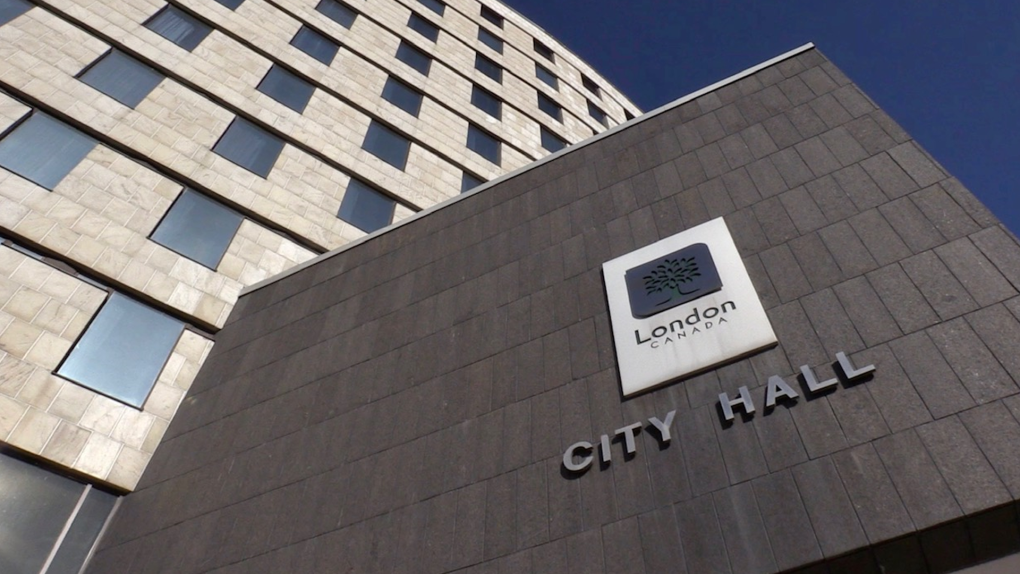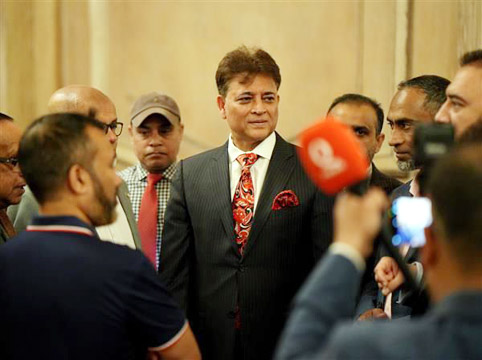There are obvious solutions: unsubscribe from morning briefings, set your smartphone to do-not-disturb mode at night, or cease using it as an alarm and leave it far away from the bed, so it’s not the first and last ritual of your day. But we could use some help from news organisations, too.
What to push?
For publishers, getting the balance right isn’t easy, and the decision to push out notifications is in the hands of a select few. Asked if there’s a BBC editorial all-hands meeting before sending out a push notification, Sutton laughs — it’d be nice to have, but no.
Instead, the decision to send out a notification comes down to the front-page editor, alongside their colleagues in the office. Similar setups are at work at The Guardian and BuzzFeed, with a few editorial staff working alongside digital producers on what to send. “I think we probably need to have a bit more discussion about when we send them,” Sutton says. “We have a debate on the news desk, and the front page editor will talk to me and other colleagues on the desk, but I’m not sure we always plan it quite as well as we could.”
The main consideration is whether the story is worth interrupting someone’s day. “It should be something that you think the audience will be surprised by or interested in, or something that they’ll consider important enough to break their routine by popping up on their phone,” Sutton says.
Last week, those alerts included notifications of Nobel Prize winners. Do we really need to interrupt our days to know who picked up the award for medicine or physics? “It’s a difficult one. There’s something about the scale inherent in a Nobel Prize that it’s worthy of a notification, though you can argue it’s not something you need to know right now,” says Ian Prior, digital editor at The Guardian, though the literature award going to British author Kazuo Ishiguro was “a no brainer alert for the UK”.
It’s not only about importance, but interest. The BBC team learned to stop pushing mid-morning economics announcements such as job and manufacturing figures. “They weren’t as interesting to audiences,” Sutton says. BuzzFeed has the ability to personalise alerts using topic “buckets”, so its editors can keep breaking news to the “need to know” channel and alerts about George Clooney’s baby to the celebrity feed, explains Brianne O’Brien, lead editor for news curation at BuzzFeed.
The BBC is considering a similar system, and it’s worth a look as journalists have differing ideas about what constitutes important stories. “I’ve delivered a bollocking in the recent past to somebody who put out an alert from Australia on the result of a Formula One race, at a very unpropitious hour for UK users,” says Prior.
Traffic push
Timing is key, with editors wary of sending any alert between midnight and 6am. Most complaints come from outside normal waking hours, regardless of the topic, according to both Sutton and Prior. “It has to be quite serious,” Prior says. “While a large number of smartphone users turn them off when they sleep, you know from the feedback that a significant number do not and don’t appreciate being woken up.”
The sheer number of alerts is another challenge, with editors trying to avoid a deluge when stories break at the same time. The BBC has a rough guideline of not sending more than three or four a day, while Prior sends them all based on “merit”, frequently not sending any at all during a morning or afternoon shift.
https://www.wired.co.uk/article/push-notifications-breaking-news





